FORMER Olympic event rider John Watson is passionate on the subject of solar energy, having installed solar thermal panels at his Ballybolger Stud Farm 10 years ago and added solar PV panels to the Co Carlow property two years ago.
“I’m in the middle of doing another house with another lot, so I’m slightly more expert about it than I used to be,” explained Watson, an individual silver medallist from the 1978 World championships.
Both concerns for the environment and lowering energy costs motivated Watson to install 12 panels, which has now increased to 18. “I’ve noticed savings installing the five system with no battery,” he said. “I have got savings all the same.”
Watson now awaits a statement to see the results of his latest addition to the farm, a 110-acre property home to eventing horses and grazing cattle. It is also the base of his son Sam, also an Olympic event rider (Tokyo 2020), a team silver medallist from the World Equestrian Games in 2018 and co-founder and director of equestrian statistics company EquiRatings.
On what he has learned in his experience with solar panels, John Watson said: “What I can say, is that there’s a wide range of quality in the work that’s on offer, and therefore, a wide range in the quotes.
“The critical things for any system is the tariff, and also whether or not you have a battery. If you sort those two things out, then get the best quality stuff you can get. That’s the end of the story.”
The tariff he refers to is the money earned by selling surplus electricity to your energy provider, who pay an an export rate per kWh exported. Small-scale microgenerators are eligible for a tax exemption of €400 per year on any income made. This tax exemption rate will be in place until December 31st 2025.
“The third bit of advice at the moment is read the small print,” Watson added. “Because that super-duper tariff is only good for two years when you read in the small print, and it might be taken away.”
On the subject of batteries, Watson continued: “It depends on the control system over recharge and discharge of batteries. But basically, if you can recharge on night rate and discharge at peak rate, your quid’s in.”
John Watson’s understanding of the subject has developed by attending informative events, he explained: “Your sister unit, The Farmers Journal, had four days of roadshows jotted around the country back in the spring, and I went to one in Kilkenny, which was really interesting.
“Then from the IFA, I linked up with Bord Gáis, and they had an evening a couple of miles down the road from it back in May, where a fellow had put in panels and they were having publicity for that, which they did very well, and that was interesting.”
Training
On the subject of Bord Gáis, he continued: “Their system is very, very good, and they have invested a lot in it because they train their operators properly, they actually have an electrician school. They did my system two years ago.”
It’s encouraging, then, to hear that Watson will be in attendance on Monday, August 26th, when The Irish Field and IFA Bord Gáis will host an information evening on the topic of solar panels aimed at horse owners.
Being staged at the Heritage Hotel, Killenard, Co Laois, the event, entitled ‘Maximising Energy Grants for the Equine Sector,’ will feature expert advice on solar panels, the finance and potential savings, and details on available grants.
Proceedings get underway at 7pm and admission is free, but pre-registration is essential.
This can be done via The Irish Field website, or those wishing to speak to a representative over the phone can contract The Irish Field’s Paul Callaghan on 083-422 0799. CLICK HERE TO REGISTER FOR THE INFORMATION EVENING
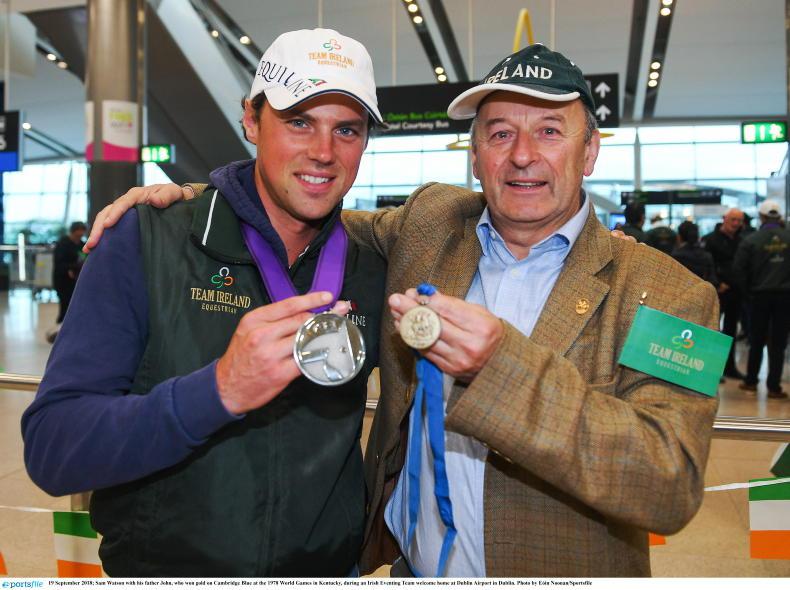

 This is a subscriber-only article
This is a subscriber-only article
 It looks like you're browsing in private mode
It looks like you're browsing in private mode




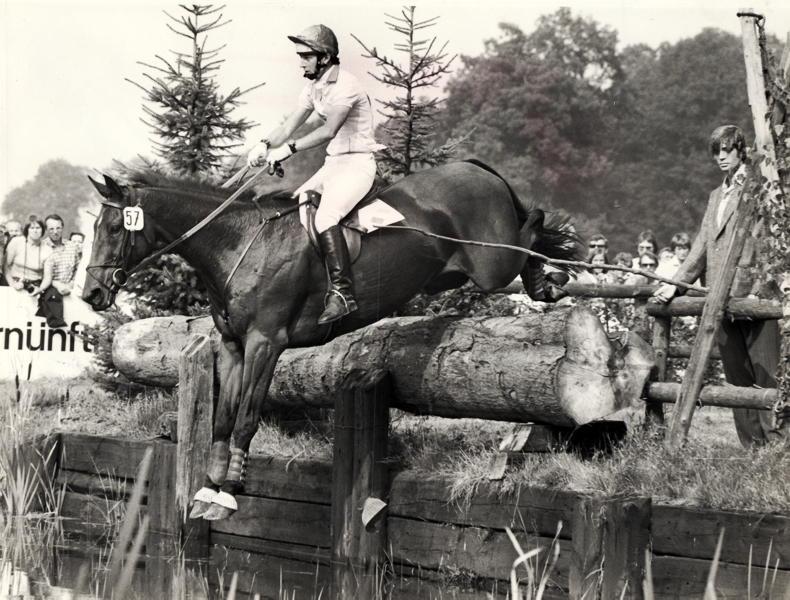

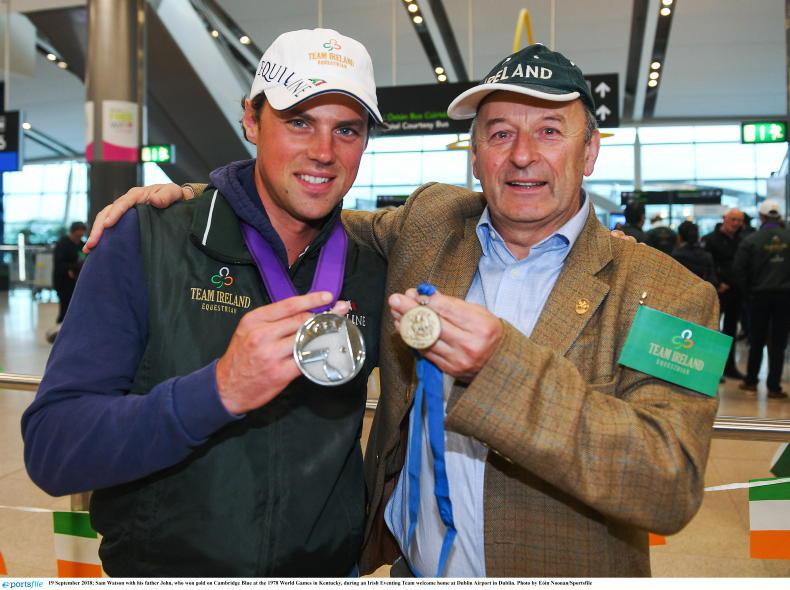

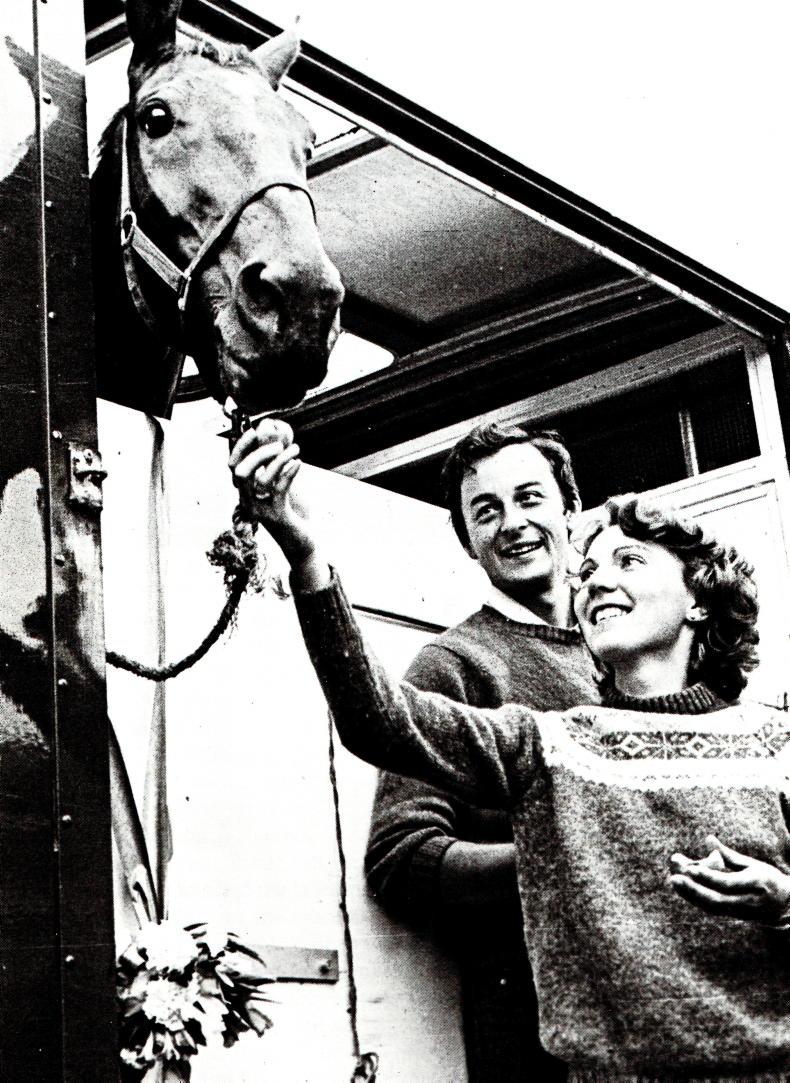
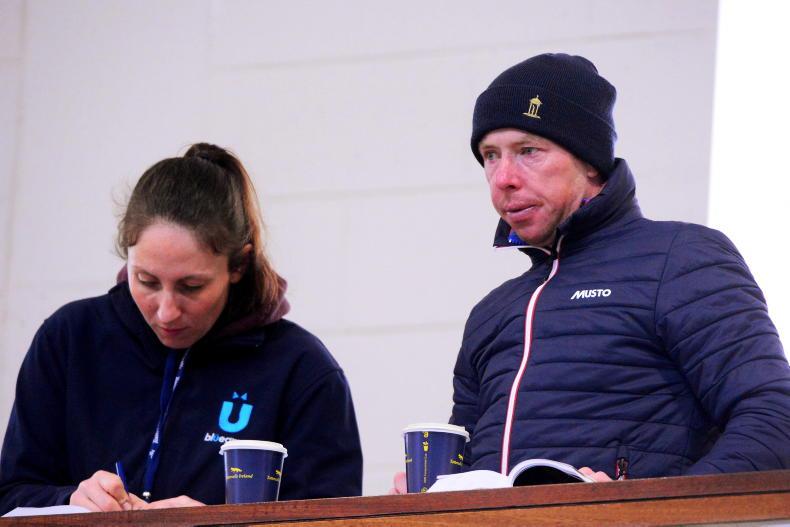
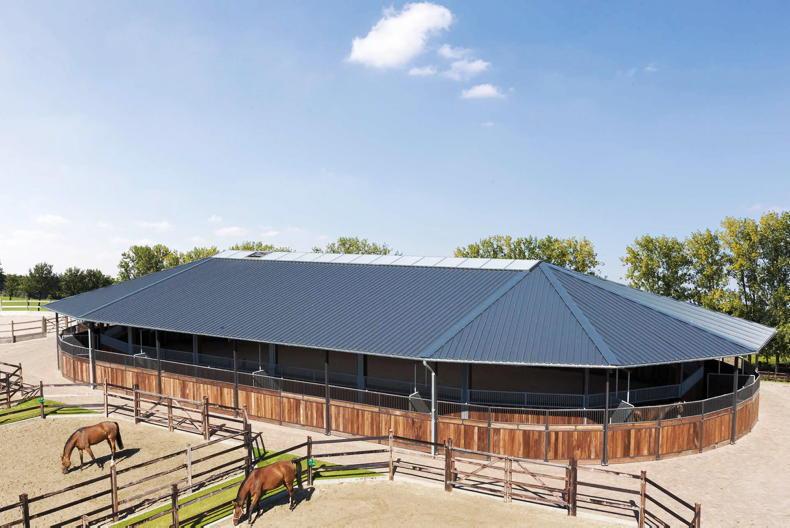
SHARING OPTIONS: